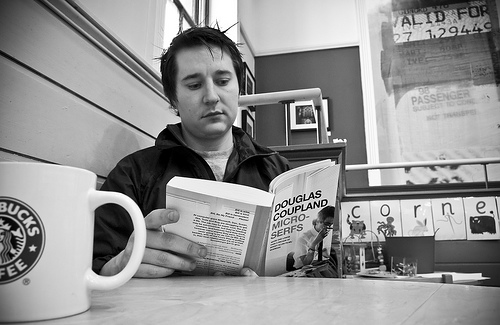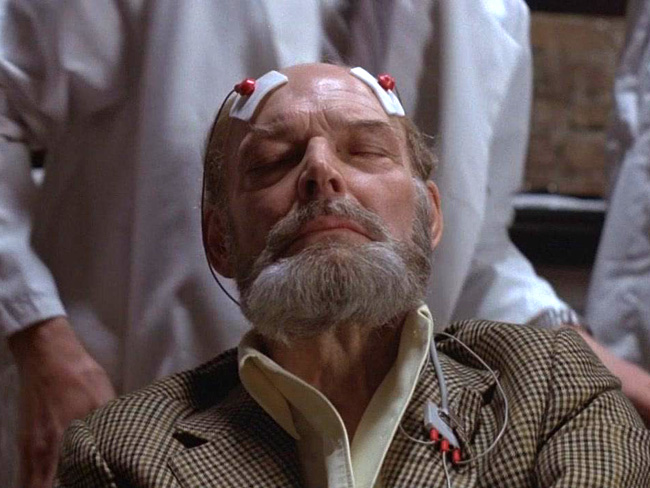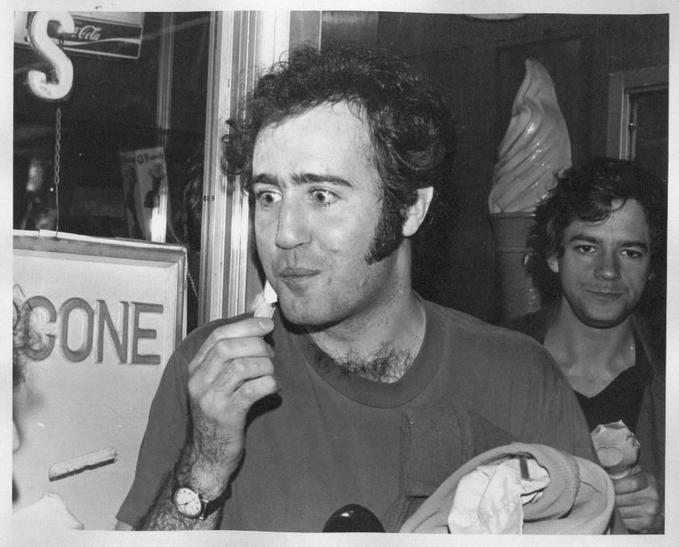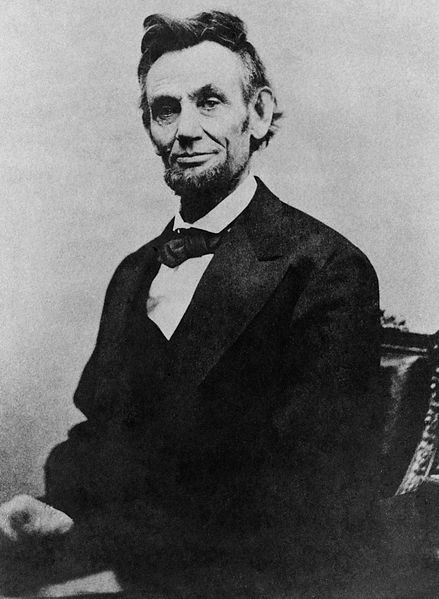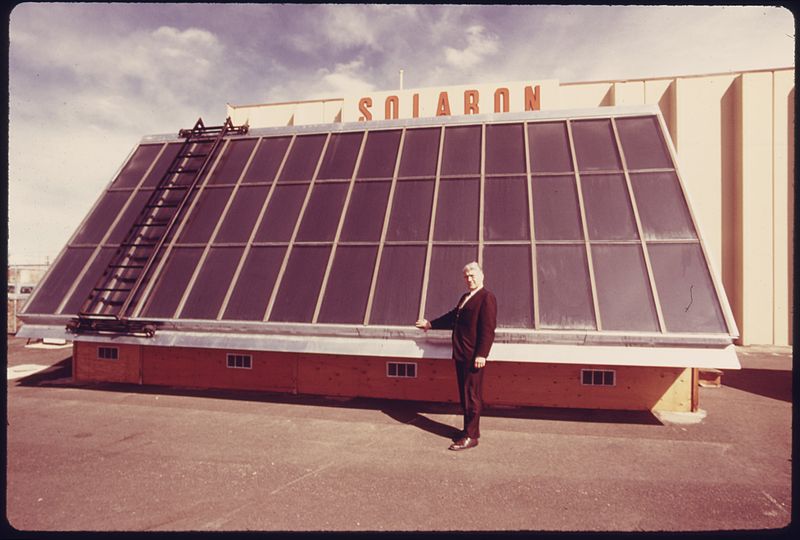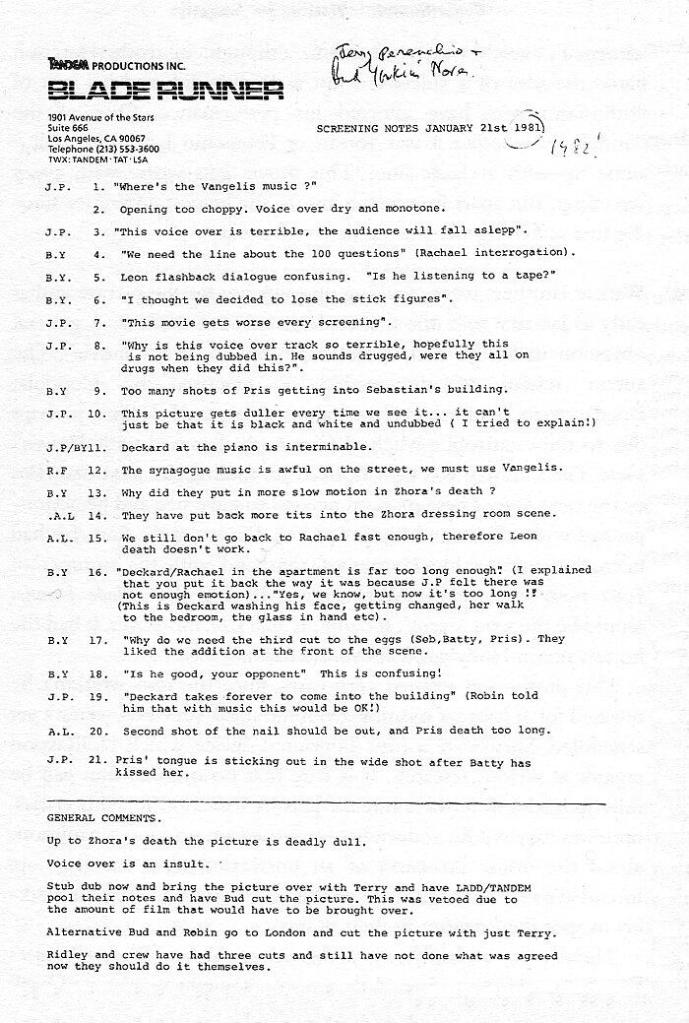In the Financial Times, Douglas Coupland, about to turn 50, thinks back on Generation X, his sensation of a novel published just 22 years ago, but perhaps the longest 22 years ever:
“1991 was more than 20 years ago, before not just the internet but also email. I remember worrying about my phone bill each month. And I remember the Kuwait war, and I remember no more USSR, and I remember the snow on the ground during that particularly mild winter in Montreal where I was living at the time of Gen X’s publication. I also remember waiting for the first copy of the book to arrive. Ask any writer: the true moment of birth is when the FedEx envelope is ripped open and a book is fully midwifed into the world.
Here are a few Generation X facts: it was originally going to be called 52 Daffodils after a story contained within the book. I wonder what life would be like now if I’d done that. My Canadian publisher also declined to publish the book, which forever gave American publishers right of first refusal on new books, which began the myth within the Canadian writing world that I was trying to be American not Canadian. But it took years for me to figure out that that was what was actually happening – there was no internet to crystallize trends on a dime – trends took place across the span of years, not days. Trends had backlashes and then counter-backlashes that also went on for years. These days a meme is good for a few days or a few weeks, max.”

